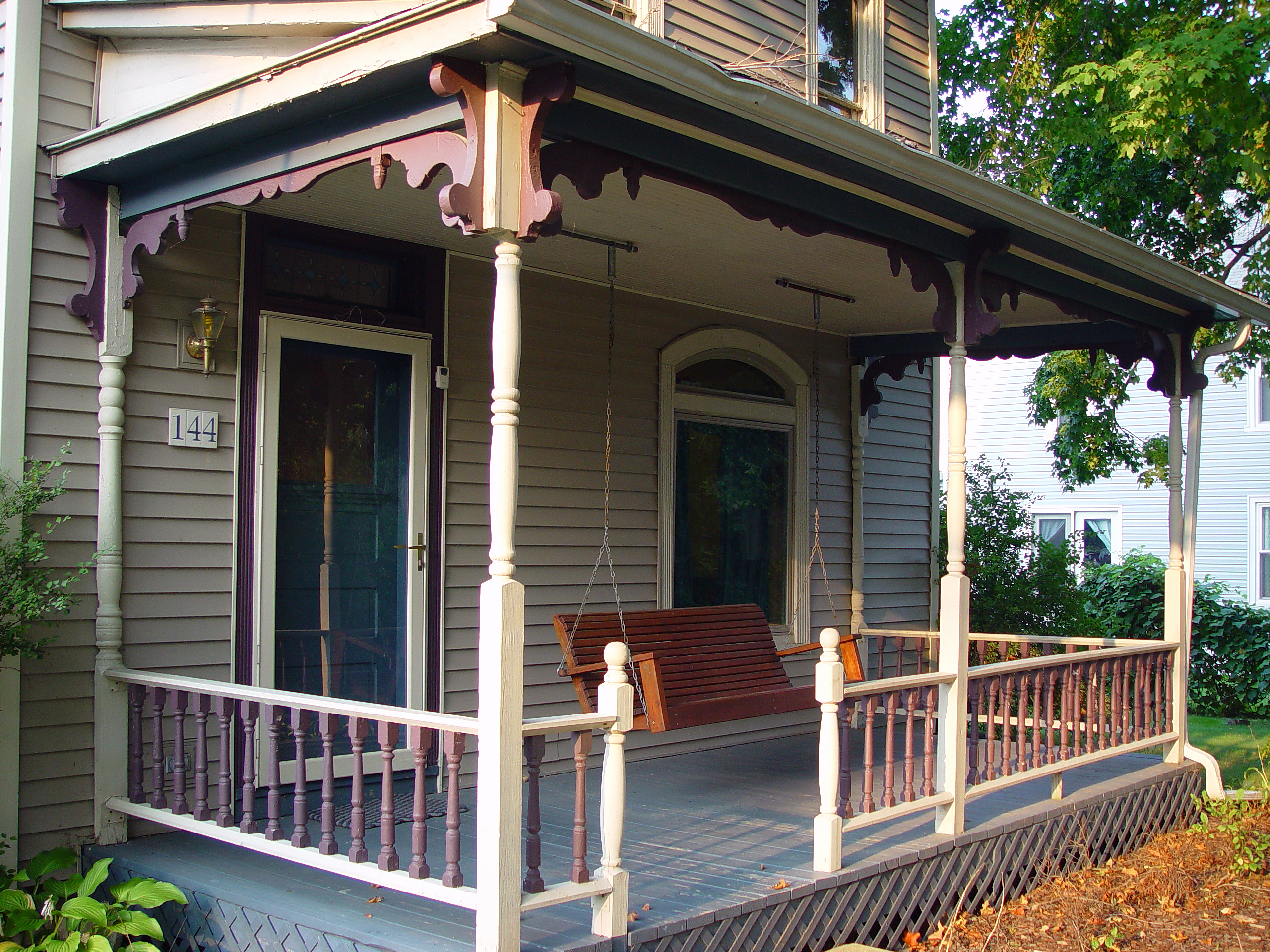
13 Jan Do I have to pay back a reverse mortgage?
Photo: click/morguefile.comQ. I had to file Chapter 13 bankruptcy in 2010, and it was discharged in July 2015. I want to sell my home this year and I have a reverse mortgage that I took in 2006. If I have to sell the home for less than the balance on the reverse mortgage, am I liable for the remaining balance? My only income is Social Security.
— Homeowner
A. Let’s start with how reverse mortgages work.
A reverse mortgage, or a home equity conversion mortgage (HECM), is available to homeowners who are 62 or older. These products allow you to convert some of the equity in your home to cash and you retain title to the property, said Claudia Mott, a certified financial planner with Epona Financial Solutions in Basking Ridge.
“The loan amount is based on the appraised value of the home, current mortgage interest rate and age of the borrower,” Mott said. “Because the balance of the loan grows over time, there is a `principal limit factor’ that is applied to the value of the home or $625,000, whichever is lower, to determine the potential loan value.”
For a traditional mortgage, a payment must be made each month to reduce the outstanding balance, Mott said. But with a reverse mortgage, the lender makes payments to the homeowner, which can give the homeowner cash to pay living expenses.
Mott said it’s still essential for the borrower to pay the property taxes and homeowners insurance.
Over the lifetime of the reverse mortgage, interest rates are applied to the payments that have been made to the borrower and the outstanding balance grows, Mott said. Most frequently, the homeowner’s heirs must sell the home to pay off the reverse mortgage after the borrower’s death, she said.
“The good news is that a reverse mortgage is considered a non-recourse loan which means that if the value of your home when sold is lower than the amount owed on the mortgage, you are not responsible for making up the difference,” Mott said. “The lender will expect to receive the lesser of the loan balance or 95 percent of the appraised value of the home to satisfy the payoff obligation.”
Best to speak to your lender to be sure you understand the specifics of your reverse mortgage.
Good luck with your selling!
Email your questions to Ask@NJMoneyHelp.com.
This post was first published in January 2017.
NJMoneyHelp.com presents certain general financial planning principles and advice, but should never be viewed as a substitute for obtaining advice from a personal professional advisor who understands your unique individual circumstances.
